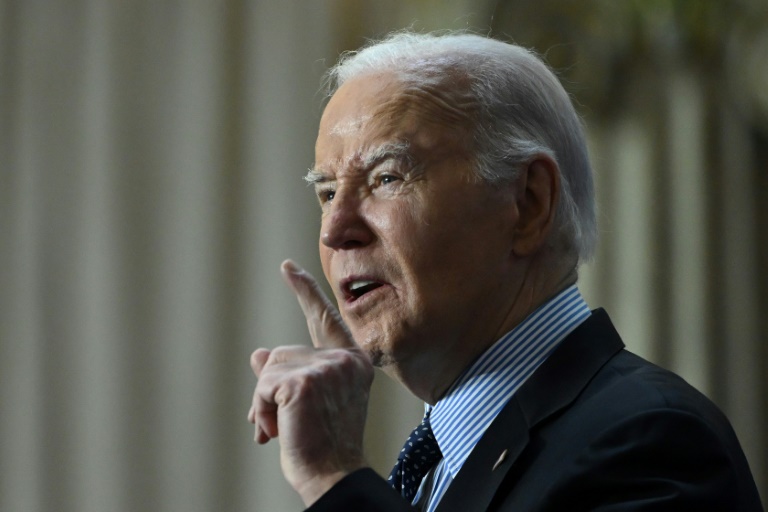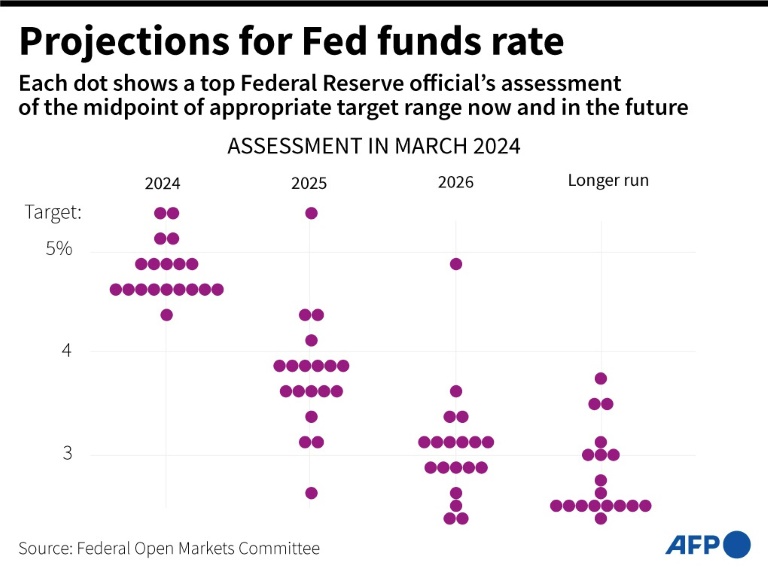The Biden administration has announced the closure of the notorious “gun show loophole.” Under the new regulation, the definition of “engaged in the business” of selling firearms will be significantly tightened, leaving no room for ambiguity.
This crucial step, initiated by the Bureau of Alcohol, Tobacco and Firearms (ATF), aligns with the Bipartisan Safer Communities Act passed in 2022. According to ABC News, the rule, which received over 300,000 public comments after being proposed in September 2023, marks a pivotal moment in firearm regulation in the U.S.
Before the enactment of the Bipartisan Safer Communities Act, individuals classified as “engaged in the business” of firearm dealing were required to obtain federal licensing. However, the previous definition lacked specificity. Now, with the revised language, the ATF aims to better regulate the market, in accordance with the new federal law.
The updated rule explicitly outlines commercial activities that mandate federal licensing for firearm dealers, closing avenues for evasion and false claims of personal collection exemptions. By enhancing specificity, the administration anticipates increased registration for federal selling licenses and expanded background checks.
President Joe Biden underscored the significance of the measure, emphasizing its potential to prevent firearms from falling into the hands of domestic abusers and felons. He urged Congress to pass universal background checks legislation, reinforcing his commitment to saving lives.
Attorney General Merrick Garland emphasized the comprehensive nature of the regulation, addressing not only the gun show loophole but also the fire sale loophole, Politico reported. Regardless of the sales platform—whether online, at gun shows, or in physical stores—background checks will be mandatory for all firearm transactions.
According to the White House, there are currently over 80,000 licensed gun dealers in the country, while an estimated 20,000 unlicensed sellers operate through online advertisements, gun shows, and other channels. Despite potential legal challenges, administration officials remain confident in the legality and efficacy of the new regulations.







